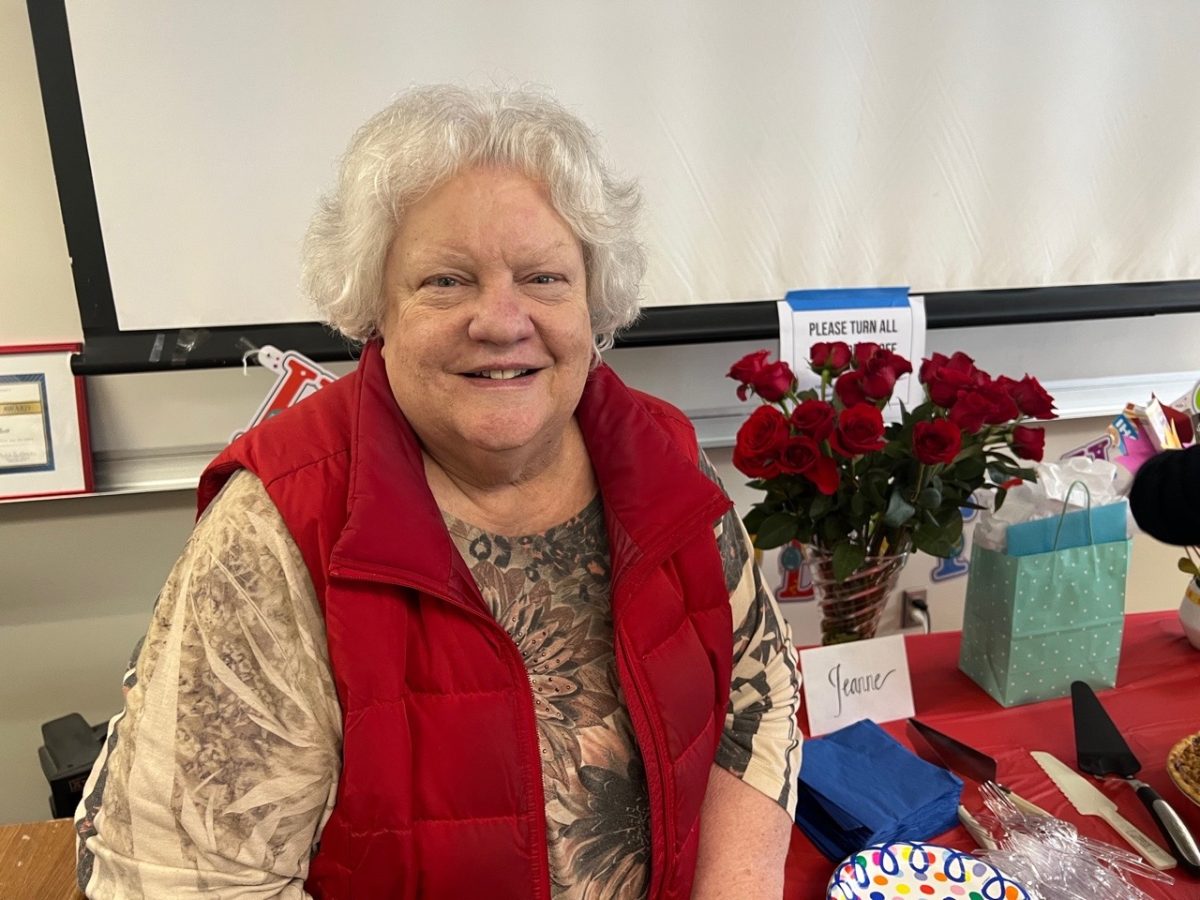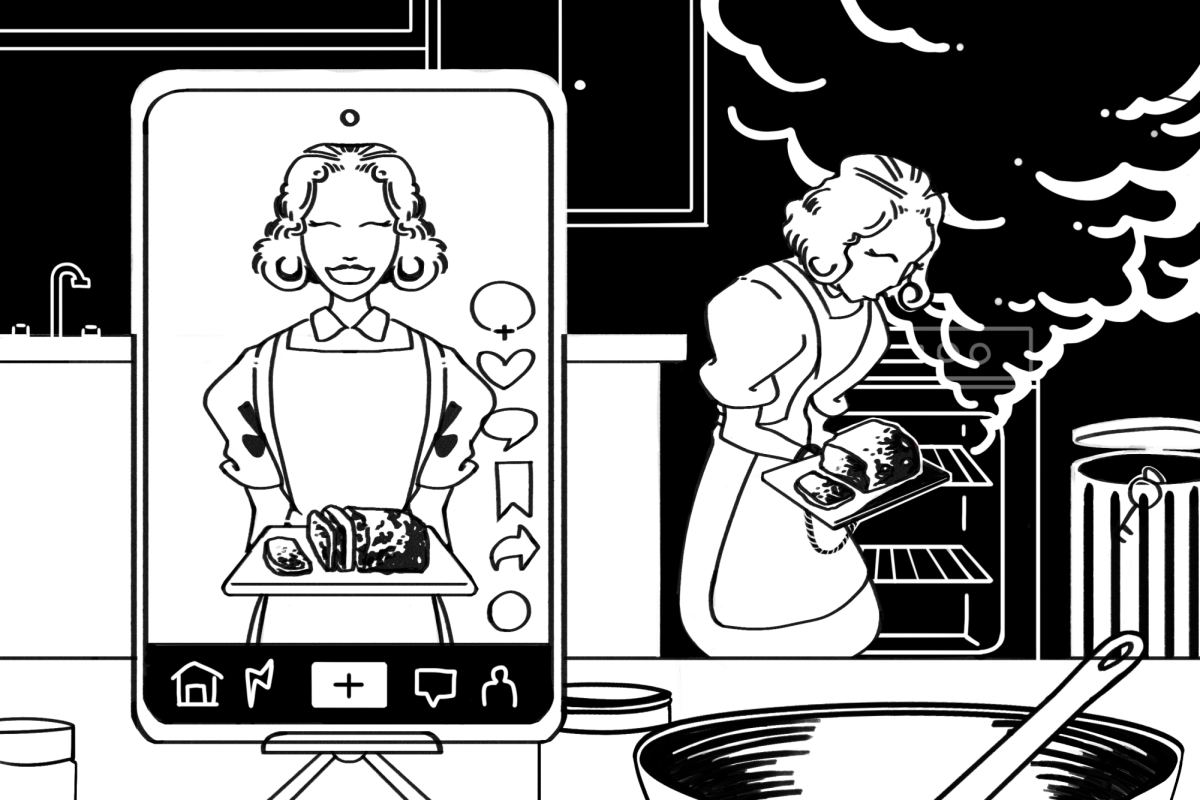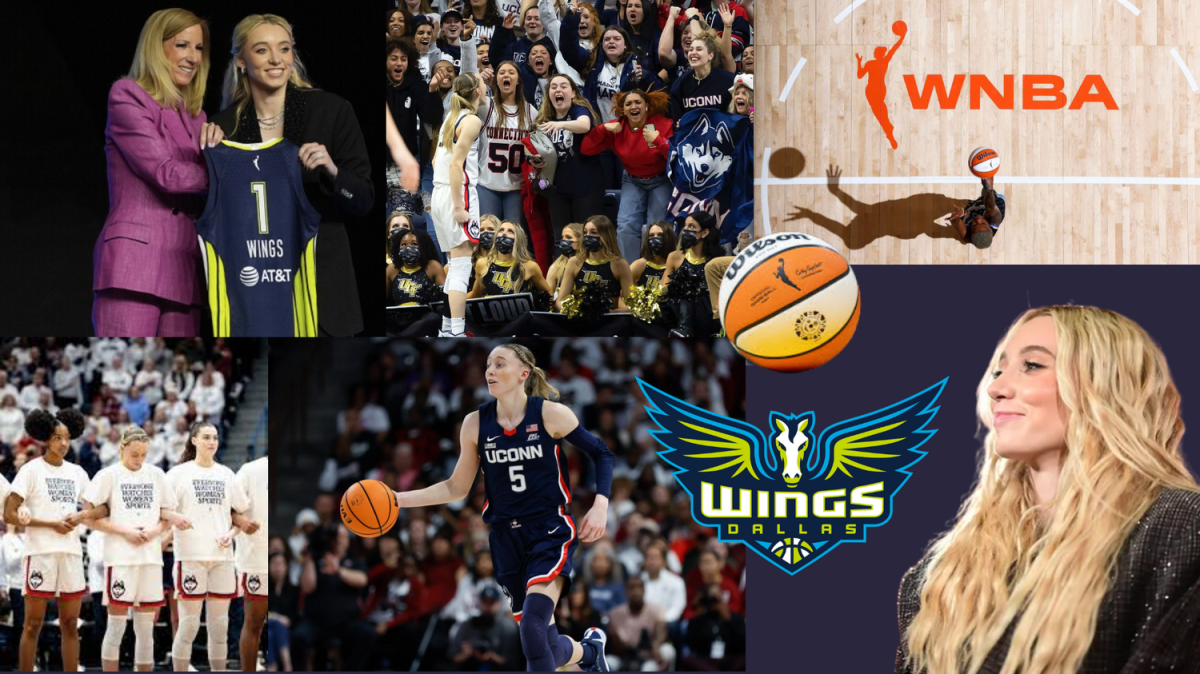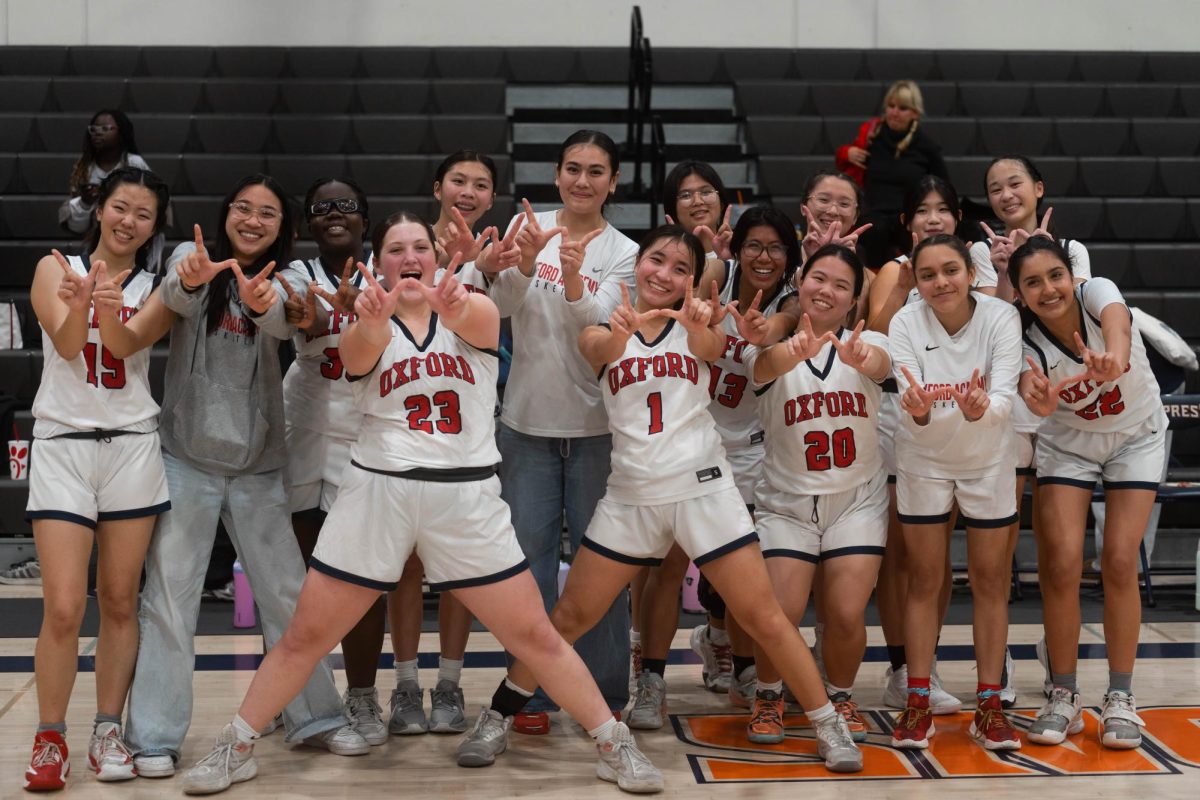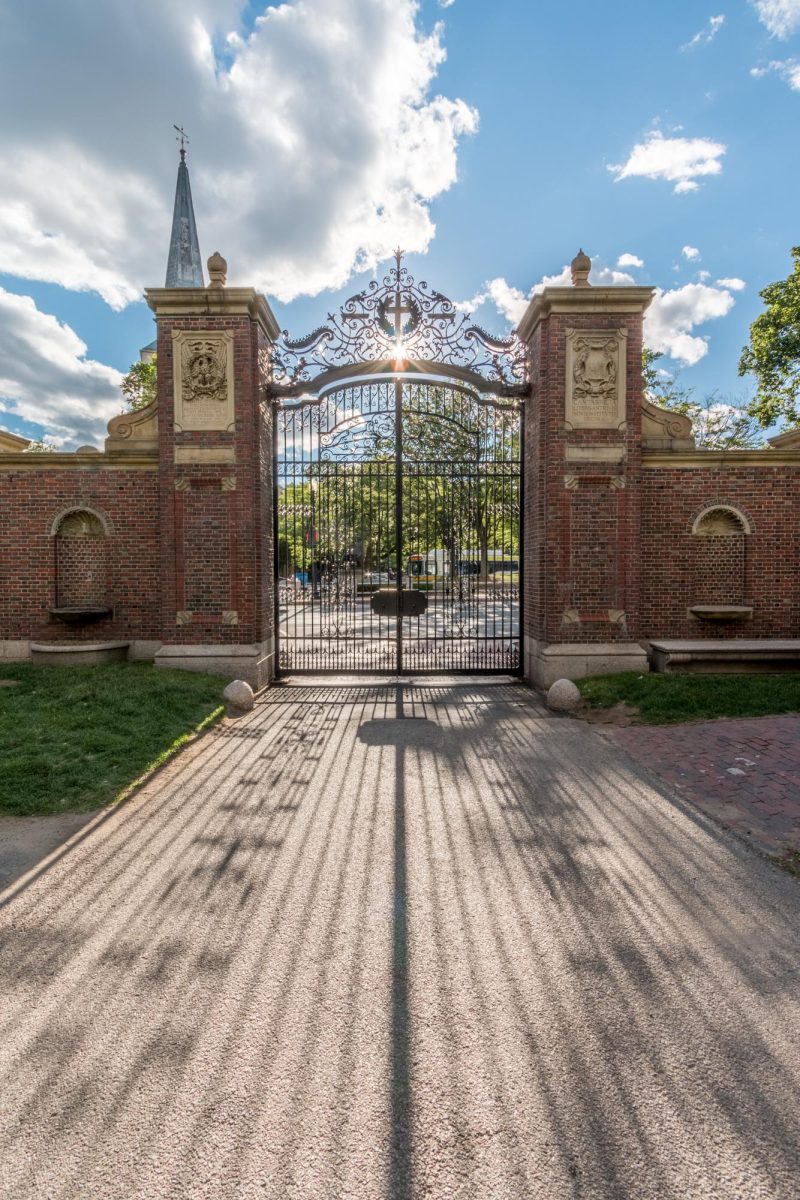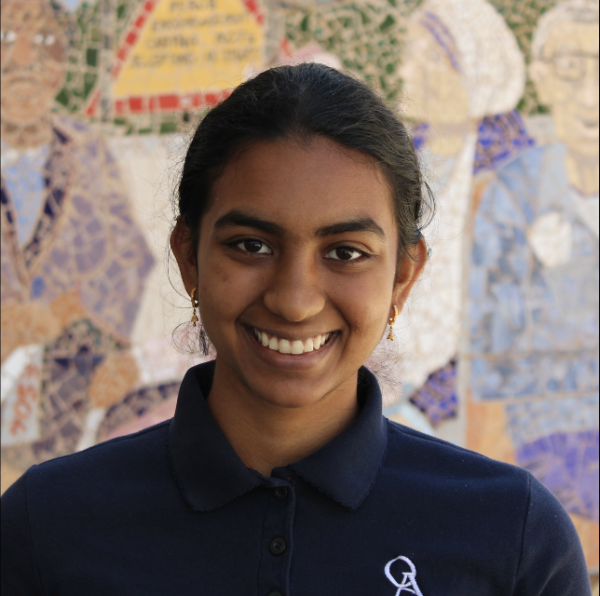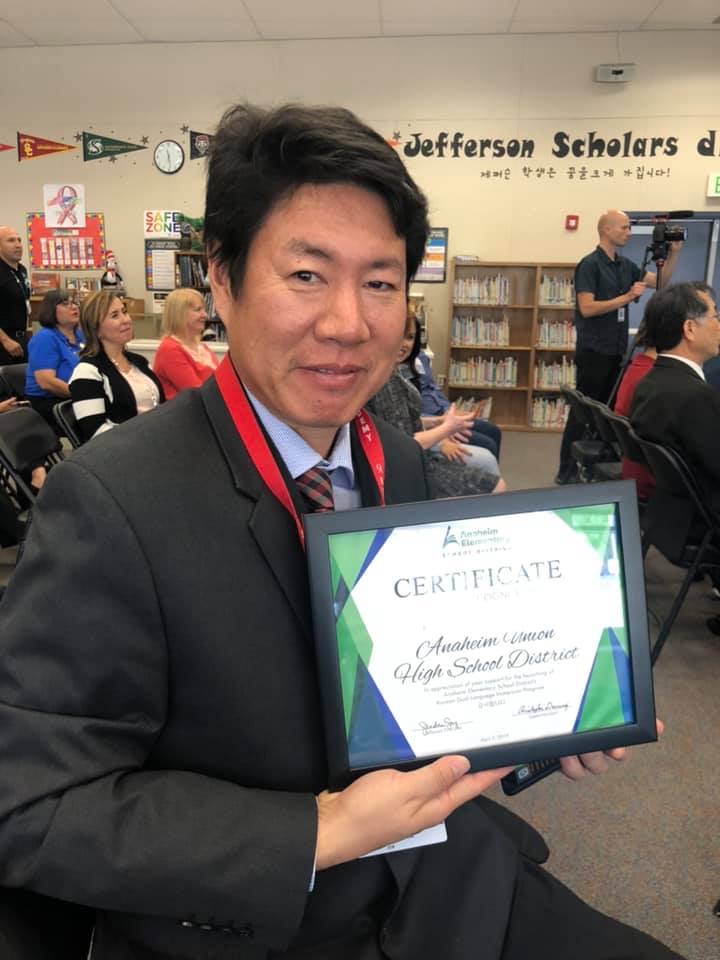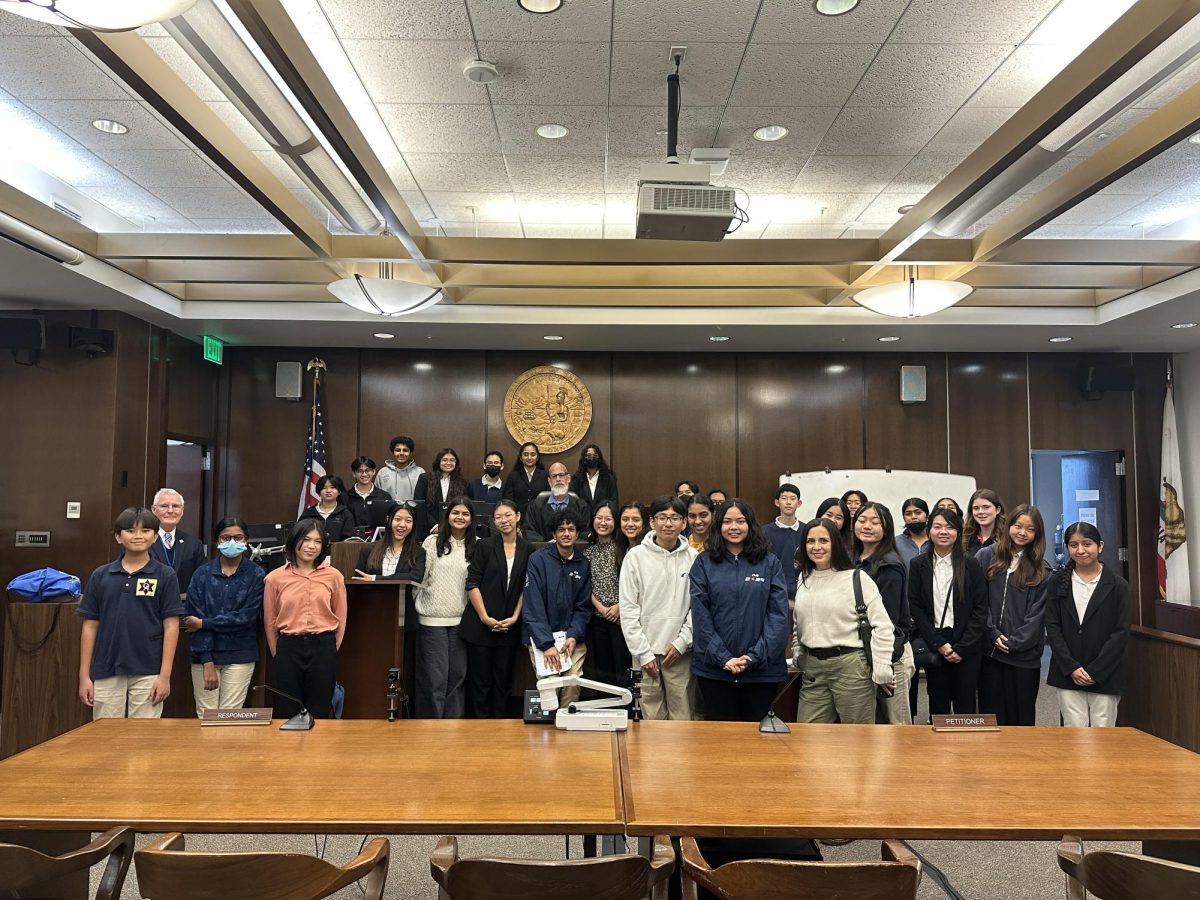For students of similar academic backgrounds, students from the top 1% of earners were 34% more likely to get into an Ivy League school. The top 0.1% was 50% more likely to get in. One in six students in an Ivy League have a parent in the top 1%. Elite colleges self-select rich students, creating a disturbing inequity that hides in plain sight behind the gates of America’s most esteemed universities.
A lack of socioeconomic diversity in America’s top colleges reflects the sameness of the American leaders. Fewer than 1% of college students in America go to Ivy League Plus schools (the eight Ivy Leagues, Stanford, MIT, Duke, UChicago), yet graduates from these schools account for 12% of Fortune 500 chief executives, 25% of U.S. senators, and 13% of the top 0.1% of earners. Furthermore, opportunities at these schools such as strong alumni connections allow students to gain new opportunities through networking that they may not attain otherwise. When elite colleges fail to equitably accept students, they cut off qualified low-income students’ access to this opportunity, transforming into an echo chamber of wealth.
Universities try to lower the financial burden of going to their schools to create a more diverse student body. Alongside offering need-based tuition, less than 5% of first-year students at Harvard, Princeton, and Yale need to take out federal loans. This generous aid that offers students a chance for social mobility is only possible by having upper-class applicants pay the full price. However, full-rides and generous financial aid only help if students are actually accepted into the college. Half of the Ivy League Plus schools have a higher percentage of students in the top 1% than students in the bottom 60%. Universities that claim to be nurturing the future leaders of the world gatekeep their privilege and resources, trading access for increasing their endowments.
Ultimately, the rich will continue to be rich no matter what college they attend. In most cases, these students have family connections or money to ensure strong futures. Low-income students do not have this guarantee. An education at a top university could be the deciding factor to uplift not only themselves but future generations down the line.
The institution of legacy admissions only furthers the divide of social inequity in America. High acceptance rates for legacy applicants largely cut off access that other — perhaps more qualified — students could enjoy instead. Wealthy students have access to many college resume-padding activities such as “pay-to-play” summer programs, research projects through family connections, or hiring professionals to write applications for them. This makes them seem like perfect, passionate, star students when their environment unfairly amplifies their accomplishments.
Grades, standardized test scores, and AP scores make a fair estimate of students’ academic potential with knowledge of their school. Yet, when elite schools like Ivy Leagues, which heavily emphasize extracurriculars, try to quantify measures like passion, pure intentions are not a given. Passion can be bought. Elite schools should aim to apply policies similar to state schools — which have much more socioeconomic diversity — with no legacy admissions and more significance placed on academics and students’ potential.
While the practices of admission officers in America’s top colleges are difficult to alter, individual perspectives are easier to modify. At schools like Oxford Academy, elite college hopefuls aim to kickstart superficial projects to earn the title of “Ivy League bound,” but it is important to stay grounded.
An Ivy League behind the shiny name can be comparable to state schools. While affluent Ivy League graduates earn in the 80th percentile of income, graduates with similar qualifications from state schools earn in the 77th percentile. An “elite” education can be a catalyst for major wealth, but it doesn’t make an impactful difference for the average person. Rather than carefully curating extracurriculars as resume padders, students need to look beyond the rat race of college admissions and pursue opportunities that they truly feel passionate about. That will help them beyond just getting a foot in the door at college; they will set themselves up for success in college, career, and life.


